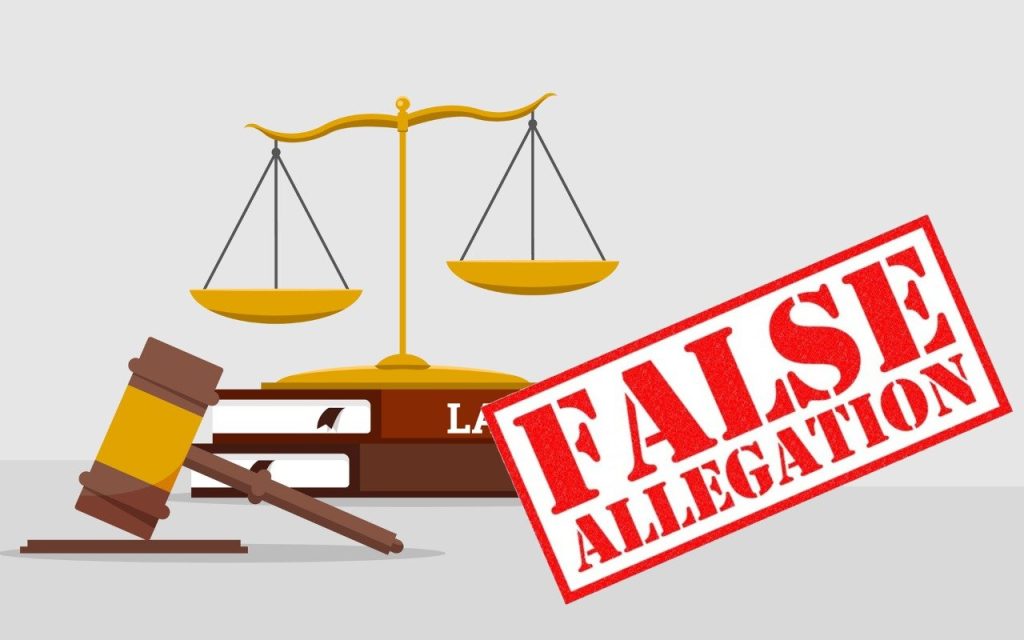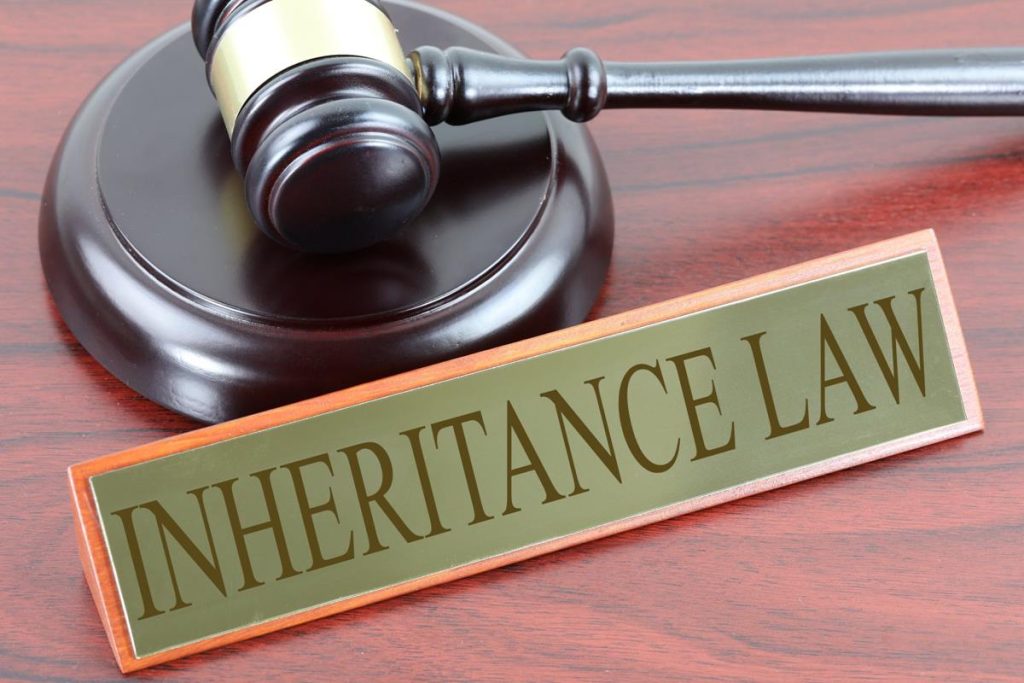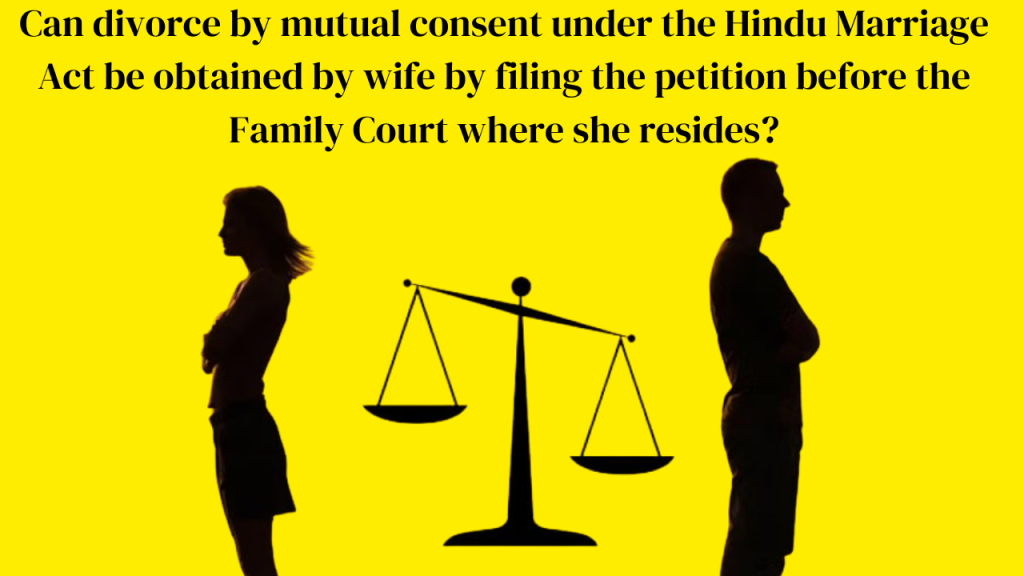The Hon’ble Supreme Court in the case of Banwari Lal v. Chando Devi (Smt.) (Through LRS.) & Anr ((1993) 1 SCC 581) dealt with the issue of whether a party to a compromise decree can challenge the same. It was observed that,
“13. When the amending Act introduced a proviso along with an explanation to Rule 3 of Order 23 saying that where it is alleged by one party and denied by the other that an adjustment or satisfaction has been arrived at, “the Court shall decide the question”, the Court before which a petition of compromise is filed and which has recorded such compromise, has to decide the question whether an adjustment or satisfaction had been arrived at on basis of any lawful agreement. To make the enquiry in respect of validity of the agreement or the compromise more comprehensive, the explanation to the proviso says that an agreement or compromise “which is void or voidable under the Indian Contract Act…” shall not be deemed to be lawful within the meaning of the said Rule. In view of the proviso read with the explanation, a Court which had entertained the petition of compromise has to examine whether the compromise was void or voidable under the Indian Contract Act. Even Rule 1(m) of Order 43 has been deleted under which an appeal was maintainable against an order recording a compromise. As such a party challenging a compromise can file a petition under proviso to Rule 3 of Order 23, or an appeal under Section 96(1) of the Code, in which he can now question the validity of the compromise in view of Rule 1-A of Order 43 of the Code.”
Going by the observations made in the above case, if a party to such compromise were to challenge the same before a decree is passed in the concerned suit, then the Court before which the suit is pending may, as per Order XXIII, Rule 3, shall decide the question as to whether the adjustment or satisfaction (compromise) has been truly arrived at or not. For this purpose, one of the factors to be considered by the Court is whether the agreement (compromise) is one that is void or voidable under the Indian Contract Act, 1872, in which case the compromise cannot be said to be lawful. From this Rule, it can be inferred that the Court is duty-bound to decide the existence and legality of the compromise agreement where one of the two parties alleges that the compromise has not been arrived at.
Here we must notice how the remedy under Order XXIII, Rule 3, can be availed by the party even after the decree is drawn up by the Court hearing the suit. In Banwari (supra), it was affirmed that even after a compromise is recorded, an application can be made before it under Section 151 r/w Order XXIII, Rule 3, of the C.P.C., to set aside the same. Further, in the recent case of Vipan Aggarwal v. Raman Gandotra ((2023) 10 SCC 529), the Hon’ble SC relying on Banwari (supra), took the view that aggrieved party can challenge a compromise decree before the same Court that granted it.
On the other hand, if a judgment has been pronounced, and a decree has been passed subsequently, the aggrieved party (who is alleging that the compromise did not exist/ it is unlawful), can, in addition to the afore-seen remedy before the same Court, file an appeal u/s 96(1) of the Civil Procedure Code, 1908, in view of Order XLIII, Rule 1A contained therein.
Order XLIII, Rule 1A reads,
“1A. Right to challenge non-appealable Orders in appeal against decree-
(1) Where any Order is made under this Code against a party and thereupon any judgment is pronounced against such party and a decree is drawn up, such party may, in an appeal against the decree, contend that such Order should not have been made and the judgment should not have been pronounced.
(2) In an appeal against a decree passed in a suit after recording a compromise or refusing to record a compromise, it shall be open to the appellant to contest the decree on the ground that the compromise should, or should not, have been recorded.”
Therefore, if a decree has already been drawn in respect of a compromise that a party wants to challenge, he can file, in addition to the remedy discussed above, an appeal against such decree, where he can contend that the compromise did not exist/ is unlawful, and that the same must not have been recorded by the Court that passed the judgment based on it.
Subscribe to the Lawyers’ Society Youtube Channel to receive informative legal videos.
Subscribe to the Lawyers’ Society Digital Law Magazine to read affordable, well-researched legal magazines.
In a 2021 judgment of the Hon’ble SC (Janakiammal v. S.K. Kumarasamy (Deceased) Through Legal Representatives, (2021) 9 SCC 114), a number of cases dealing with the issue that is the subject of this article, and concluded that it is only the same Court hearing the suit/ drawing up a decree based on a compromise agreement, that can set aside the same. Let us look at all the judgments considered by the Hon’ble SC in Janaki (supra).
- Banwari (supra) was the first to be discussed.
- The second was the judgment in Pushpa Devi Bhagat (Dead) Through LR. Sadhna Rai (Smt.) Vs. Rajinder Singh and Ors., ((2006) 5 SCC 566). In Pushpa (supra), a different view that a compromise decree can be challenged only before the same Court, and no appeal would lie from it, was taken. In this second case, the Court considered the fact that sub-section (3) of section 96 provides that no appeal shall lie from a decree passed by the court with the consent of the parties, that Order XLIII Rule 1 (m), which had earlier provided for an appeal against the order under Order XXIII, Rule 3, recording or refusing to record an agreement, compromise or satisfaction, was omitted by Act 104 of 1976 with effect from 1.2.1977, that Rule 3A was also added in Order XXIII with effect from 1.2.1977 barring any suit to set aside a decree on the ground that the compromise on which the decree is based was not lawful, to observe the following,
“17. The position that emerges from the amended provisions of Order 23, can be summed up thus :
(i) No appeal is maintainable against a consent decree having regard to the specific bar contained in section 96(3) CPC.
(ii) No appeal is maintainable against the order of the court recording the compromise (or refusing to record a compromise) in view of the deletion of clause (m) Rule 1 Order 43.
(iii) No independent suit can be filed for setting aside a compromise decree on the ground that the compromise was not lawful in view of the bar contained in Rule 3A.
(iv) A consent decree operates as an estoppel and is valid and binding unless it is set aside by the court which passed the consent decree, by an order on an application under the proviso to Rule 3 of Order 23.”
Let us try to dissect the observations made in the Pusha (supra) case:
At the outset, it is essential to state the fact that the Hon’ble SC did not consider Order XLIII, Rule 1A, which provides for the right to challenge non-appealable orders in appeal against decree.
It must be noted here that Rule 1A was inserted in the same Amendment that omitted clause (m) of Rule 1, which earlier provided for an appeal against an order recording a compromise. Here it is necessary to distinguish an order recording a compromise, and a decree passed subsequently. Earlier, i.e., before the Amendment of 1976, Section 96(3) barred an appeal against a compromise/consent decree, whereas Order XLIII, Rule 1(m) provided for an appeal against an order recording compromise.
Vide Amendment of 1976, Rule 1A has been inserted to provide for an appeal against a decree where compromise was recorded, but Section 96(3) has not been repealed yet. If we were to say that Section 96(3) bars all appeals against a compromise/consent decree (as observed in Pushpa (supra)), how would we be interpreting Order XLIII, Rule 1A? This acts as an anomaly of sorts. (The same is answered later in this article)
The Amendment of 1976 also saw the insertion of Proviso to Rule 3 of Order XXIII, which provides, as observed in Banwari (supra), that a Court recording the compromise shall decide the question in respect of a compromise agreement where one party to such agreement makes any allegation regarding it. Rule 3A that bars the initiation of a separate suit to set aside a compromise decree, was also inserted. It is pertinent to note here that in Pushpa (supra), the anomaly discussed above by us was not noted, and perhaps Order XLIII, Rule 1A, was not given any mention whatsoever in that judgment. In view of the same, we may say that observation (i) in Paragraph 17 of Pushpa (supra) does not hold water. Whereas one may not say the same about the observations in (ii) and (iii) of Paragraph 17, since it is indisputable that since Order XLIII, Rule 1(m) has been omitted, no appeal is maintenance against the order (not decree) of the Court recording the compromise (or refusing to record the compromise), and that the insertion of Rule 3A in Order XXIII ensures no independent suit can be filed for setting aside a compromise decree on the ground that the compromise was not lawful. Observation (iv) that says that a a consent decree operates as an estoppel and is valid and binding unless it is set aside by the court which passed the consent decree, by an order on an application under the proviso to Rule 3 of Order XXIII, must be questioned in light of the anomaly discussed hereinabove. If it is right to say an appeal can be maintained against a compromise decree in view of Order XLIII, Rule 1A, then it cannot be said that the consent decree has to be necessarily set aside by the same Court that passed it.
3. Thirdly, the judgment in the case of R. Rajanna v. S.R. Venkataswamy & Ors. ((2014) 15 SCC 471), was discussed. In Rajanna (supra), the issue was whether a separate suit can be filed against a compromise decree, and the Court had considered in Banwari (supra) and Pushpa (supra), before concluding that a separate suit is barred. However, in Janaki (supra), it has been said that Rajanna (supra) discussed both Banwari (supra) and Pushpa (supra) and observed that no sooner a question relating to lawfulness of the agreement or compromise is raised before the court that passed the decree on the basis of any such agreement or compromise, it is that court and that court alone who can examine and determine that question. However, no such observations were made in Rajanna (supra).
4. Fourthly, the judgment in the case of Triloki Nath Singh v. Anirudh Singh (Dead) Through Legal Representatives and Ors. ((2020) 6 SCC 629),was discussed. In this case, the anomaly we discussed above, was answered. The Court had observed, “Thus, after the amendment which has been introduced, neither any appeal against the order recording the compromise nor remedy by way of filing a suit is available in cases covered by Rule 3A of Order 23 CPC. As such, a right has been given under Rule 1A(2) of Order 43 to a party, who denies the compromise and invites order of the Court in that regard in terms of proviso to Rule 3 of Order 23 CPC while preferring an appeal against the decree. Section 96(3) CPC shall not be a bar to such an appeal, because it is applicable where the factum of compromise or agreement is not in dispute” (Emphasis supplied)
Janakki (supra) observed that Triloki (supra) re-iterated the proposition that the only remedy available to a party to a consent decree to avoid such consent decree is to approach the Court which recorded the compromise and that separate suit is not maintainable. However, no such observation (this being the “only remedy”) was made in Triloki (supra), and infact it had been observed that a remedy under Order XLIII, Rule 1A was available to a party denying compromise.
Again, it is essential to make a final note here that with the exception of Banwari (supra) and Triloki (supra), in none of the other cases referred in Janakki (supra), the Court considered and explained the remedy under Order XLIII, Rule 1A. Despite this, Janakki (supra) seems to be drawing conclusions not expressly made in those cases it refers to. Janakki (supra) concluded that a separate suit is barred, and the remedy for such aggrieved party is to approach the same Court in accordance with Order XXIII, Rule 3.
The ANOMALY explained in light of Triloki Nath Singh (supra):
- Section 96(3) bars an appeal where neither party to the compromise decree disputes the existence of a lawful compromise. In other words, an appeal is made despite acknolwedging the compromise.
- Order XLIII, Rule 1A provides for an appeal against a decree where either party could challenge the decree drawn up either by recording a compromise or by refusing to record the same.
CONCLUSION:
-> The party aggrieved by a compromise agreement produced before a Court may challenge the same while the suit is still pending – Order XXIII, Rule 3.
-> The party aggrieved by an order made by the Court hearing the suit after such compromise agreement was produced before it, may challenge the same before the same Court, by filing an application u/s 151 r/w Order XXIII, Rule 3.
-> The party aggrieved by a decree granted by the Court, may challenge the same before the same Court that granted the compromise decree, by filing an application u/s 151 r/w Order XXIII, Rule 3, or by way of an appeal in accordance with Section 96(1) r/w Order XLIII, Rule 1A.
Since all the above judgments were pronounced by Division Benches, we may need a conclusive finding by a 3-Judges Bench of the Hon’ble SC confirming the afore-said view regarding the ‘anomaly‘.
Views are personal. Contact for personal assistance.
Subscribe to the Lawyers’ Society Youtube Channel to receive informative legal videos.









